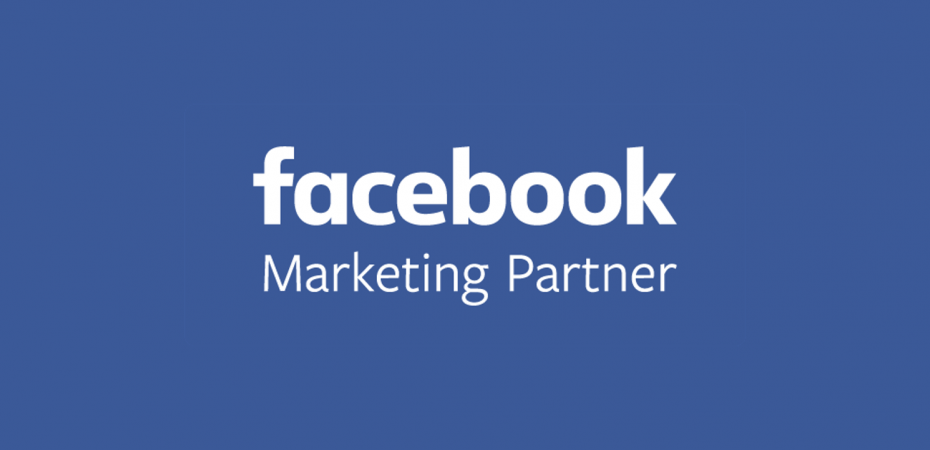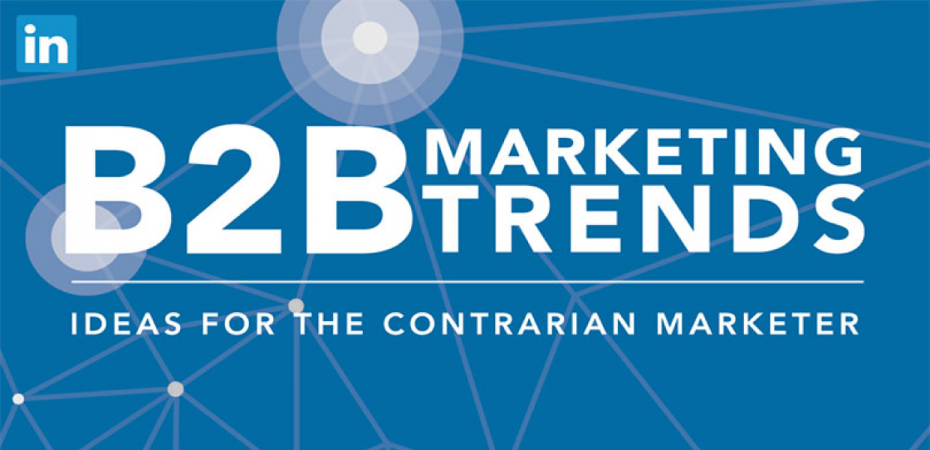October 4, 2019
| Article | by Josh Bell | Advertising
How to Choose the Right Keywords for Your PPC Campaigns
Occasionally, a Paid Search (PPC) client will reach out and ask why the PPC team isn’t bidding on keywords that might seem more obvious than others. This always comes with a list of example keywords related to their industry that the client feels we should target due. However, I’ve seen cases where suggested keywords were more specific and clearly an exercise in creative thinking. This is certainly appreciated, but such suggestions still carry some misguidance when it comes to PPC keyword selection. Some examples of misguided keyword suggestions that we’ve seen include:
- “Resort”: a non-branded, short tail keyword used in the hospitality industry. This is a great example of a keyword that is too broad in scope, but we’ll get into the specifics of that a little later.
- “Relationship Troubles”: a non-branded, long tail keyword that was intended to target couples with vacation packages. This could be used for more organic purposes but does not work well for PPC efforts. Sure, there may be someone out there who thinks an expensive, romantic vacation is the ingredient missing from their relationship, but the conversion rate on such a marginally relative keyword is likely to be abysmal. Unless the landing page includes content pertaining to relationship troubles, then we’re going to see our keyword quality scores penalized, which significantly increases our costs per click. Even with good quality scores on our keywords, we’d pay high costs per click for such a competitive keyword, only to primarily reach users who have no intent to book a luxury vacation, so it would never be a profitable campaign.
Low relevance is always going to yield a poor conversion rate (CVR) with higher costs per click (CPC), and ultimately, a poor CVR + lofty CPC = bleeding money. In order to better demonstrate why we would avoid bidding on such seemingly obvious keywords, let’s quickly revisit what Paid Search is and the objectives behind it.
What is Paid Search?
Paid Search is the digital advertising channel in which ads are placed in search engines (e.g. Google) in the form of sponsored search results. Typically, each ad is in the form of pay per click, hence why they’re often referred to as pay-per-click/PPC ads.
So how is this performance measured? One of the most common methods for measuring PPC performance is by the return on investment (ROI) from buying clicks, also known as return on ad spend (ROAS). In order to achieve that, we must illicit an action from users after they’ve clicked through our ad and landed on the website. This is what’s known as Direct Response marketing/advertising. Some value must then be attributed to those user actions. Lead generation efforts may only involve getting a user to submit their name and email address, or some other piece(s) of information. The value in that isn’t necessarily as clear and immediate, but that’s a separate article for another day.
When a product or service is for sale on a website, the value is the total of any purchase made by the user. The primary objective then is to drive qualified users to the website for the purpose of generating sales, from which ROI/ROAS can be derived. So how do we reach qualified users through paid search? We do so by targeting only keywords that capture searches from users who are demonstrating, via their specific search query, an intent to purchase whatever is being sold on the website. Keyword relevancy is important, but purchase intent is paramount.
What does PPC keyword selection look like?
To fully understand the selection process, let’s take a look at some examples. First, we start with keyword match types to determine what types of search queries trigger a specific keyword. To simplify our example, let’s assume that our PPC keywords are implemented as broad match or modified broad match. Both of these match types cast a wide net in terms of searches captured as well as relevancy to the triggered keyword, and are most effectively used to harvest more exact match keywords.
Let’s start with our keyword example from above: “resort”. Are users who search for phrases that include the word “resort” demonstrating intent to purchase? By bidding on “resort” with this wide-net approach, we may capture a few searches that include qualifiers such as location and date, which potentially indicate purchase intent. However, a lot of irrelevant queries that simply include the word “resort” would also be captured. A user who searches “what is the best resort in the world” could very well trigger this keyword to serve an ad. Is that a user who’s interested in booking a hotel reservation? Is it someone who’s at the top of the buyer funnel? Or is it someone who’s just bored and curious? Are you willing to pay to find out?
For a more obvious example, let’s say a user searches for “resort that Prince Harry and Meghan Markle stayed at for her birthday”. Again, if we’re bidding on “resort”, our ad might serve for that query, yet that’s clearly not a search that demonstrates intent to book a room at our hotel. Why risk incurring costs for ad clicks originating from searches like that?
What does Cost Per Click (CPC) look like?
When looking specifically at travel industry keywords, these terms are often highly competitive, which impacts the average cost per click that one would incur for clicks on ads. Furthermore, one-word keywords are inherently highly competitive because it’s a demand-based platform. This means the more people bidding on a keyword, the more expensive the clicks are when that keyword triggers an ad to serve and a user clicks. If the user who searched “what is the best resort in the world” does click on the ad, that click might cost $15-20. This is ad budget that could be more efficiently spent on a click from a different user who has the intent to buy.
Extrapolating things a bit, let’s say the hotel you’re trying to drive reservations for has an average rate of $70/night Sunday-Thursday and $120/night Friday-Saturday. The industry average Paid Search conversion rate for travel & hospitality is 3.55%. To meet this industry average, a campaign must generate a hotel reservation for every 28 clicks on PPC ads. If we’re paying $15 a click for a competitive keyword, 28 clicks will total $420 in ad spend, and the user would have to book several nights just for the PPC campaign to break even. However, it’s unlikely that we would even get that conversion, since we’re capturing a wide variety of irrelevant searches for “resort”. The result would be a highly unprofitable account.
To exclusively drive relevant and qualified traffic through our PPC ads, we want to use long tail keywords that are much more specific. Instead of “resort”, we might bid on “inexpensive resorts in Jamaica” or “kid-friendly resorts on the Las Vegas strip” or “best all-inclusive resort in Belize”. Even though these keywords can still be highly competitive when bidding against online travel agencies like Expedia, we’re better off competing on this playing field rather than going up against thousands of competitors for a less specific term. Using this type of strategy for your campaigns, we have not only minimized our competition with these long tail keywords, but we have also greatly increased the likelihood that we will reach users who have intent to purchase.
Let’s take a look at another example in a completely different industry. “Insurance” is the most expensive keyword in all of PPC advertising, with an average cost per click of $54.91. Even marginally specific keywords like “insurance in (insert any city)” aren’t very useful because that still doesn’t drill down to the type of insurance the user is searching for. Yes, we are qualifying the user based on their city, but now we’re capturing searches in that city for health insurance, life insurance, auto insurance, homeowner’s insurance, mortgage insurance, renter’s insurance, disability insurance, long-term care insurance, and so on.
When looking at competition for the same keyword, we’d be competing against everyone offering these different types of insurance who are bidding on keywords like “life insurance in (insert city)”. Queries that trigger the more specific keyword are likely to trigger ours as well, but with more relevance. This is not an efficient campaign strategy since we’d be paying a premium for clicks that aren’t driving qualified traffic to our site. Instead, we want to be the ones bidding on the more specific version of the keyword in order to drive users with purchase intent to the website and give us the best chance at profitable campaigns.
Summary
It’s important to remember that the goal of PPC is not to target every imaginable combination of keywords. If we try to cast the widest net in the world for the sake of never missing a potential conversion, then we’ll never have any hope of the account being profitable. We’ll be spending too much money on clicks for unrelated search terms that trigger our keywords. Instead, our goal is to target keywords that are likely to be searched by users with strong purchase intent to yield profitable campaigns and, in the end, a profitable account.

